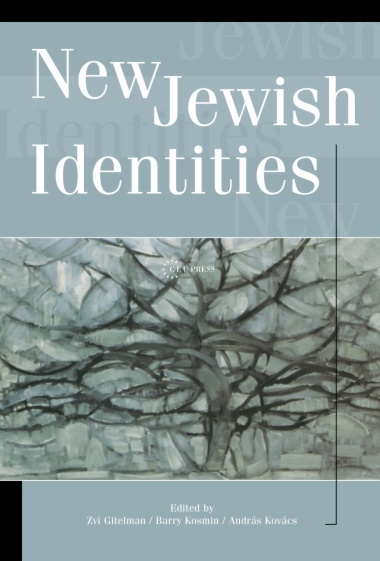A unique collection of essays that deal with the intriguing and complex problems connected to the question of Jewish identity in the contemporary world. Based on a conference held in Budapest, Hungary in July 2001, it analyzes and compares how Jews conceive of their Jewishness. Do they see it in mostly religious, cultural or ethnic terms? What are the policy implications of these views and how have they been evolving? What do they portend for the future of world Jewry? The authors present new data from west European and post-Communist countries (Hungary, Moldova, Poland, Russia, Ukraine) and re-interpret data from other European countries as well as from Israel and the United States, making this a truly comprehensive, comparative and contemporary work.
- Cover
- Title page
- Copyright page
- Table of Contents
- Contributors
- List of Tables and Appendices
- List of Figures
- Acknowledgments
- Introduction
- Social Identity in British and South African Jewry
- Religious Identity in the Social and Political Arena: An Examination of the Attitudes of Orthodox
and Progressive Jews in the UK
- Changing Patterns of Jewish Identity among British Jews
- A Typological Approach to French Jewry
- “Jewishness” in Postmodernity:The Case of Sweden
- Becoming Jewish in Russia and Ukraine
- The Jewish Press and Jewish Identity: Leningrad/St. Petersburg, 1989–1992
- Patterns of Jewish Identity in Moldova: The Behavioral Dimension
- Jewish Identity and the Orthodox Church in Late Soviet Russia
- Looking Out for One’s Own Identity: Central Asian Jews in the Wake of Communism
- Jewish Groups and Identity Strategies in Post-Communist Hungary
- Particularizing the Universal: New Polish Jewish Identities and a New Framework of Analysis
- Polish Jewish Institutions in Transition: Personalities over Process
- Jewish Identity in the United States and Israel
- Notes Towards the Definition of “Jewish Culture” in Contemporary Europe
- Jewish Identity in Transition:Transformation or Attenuation?
- Index

